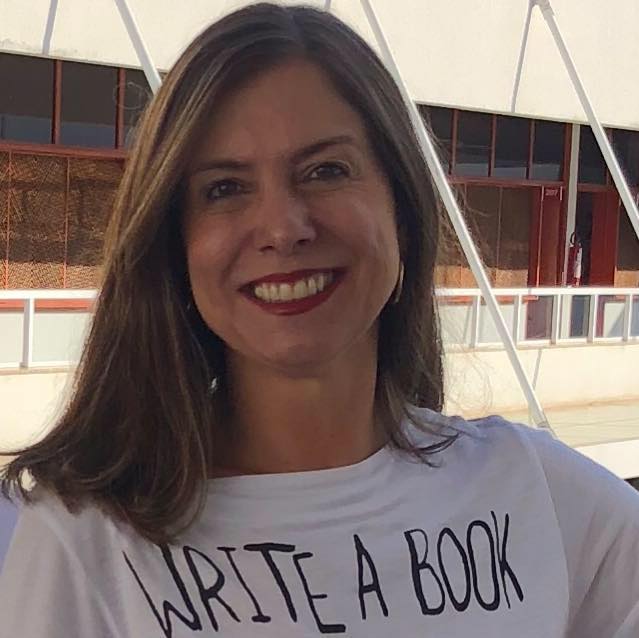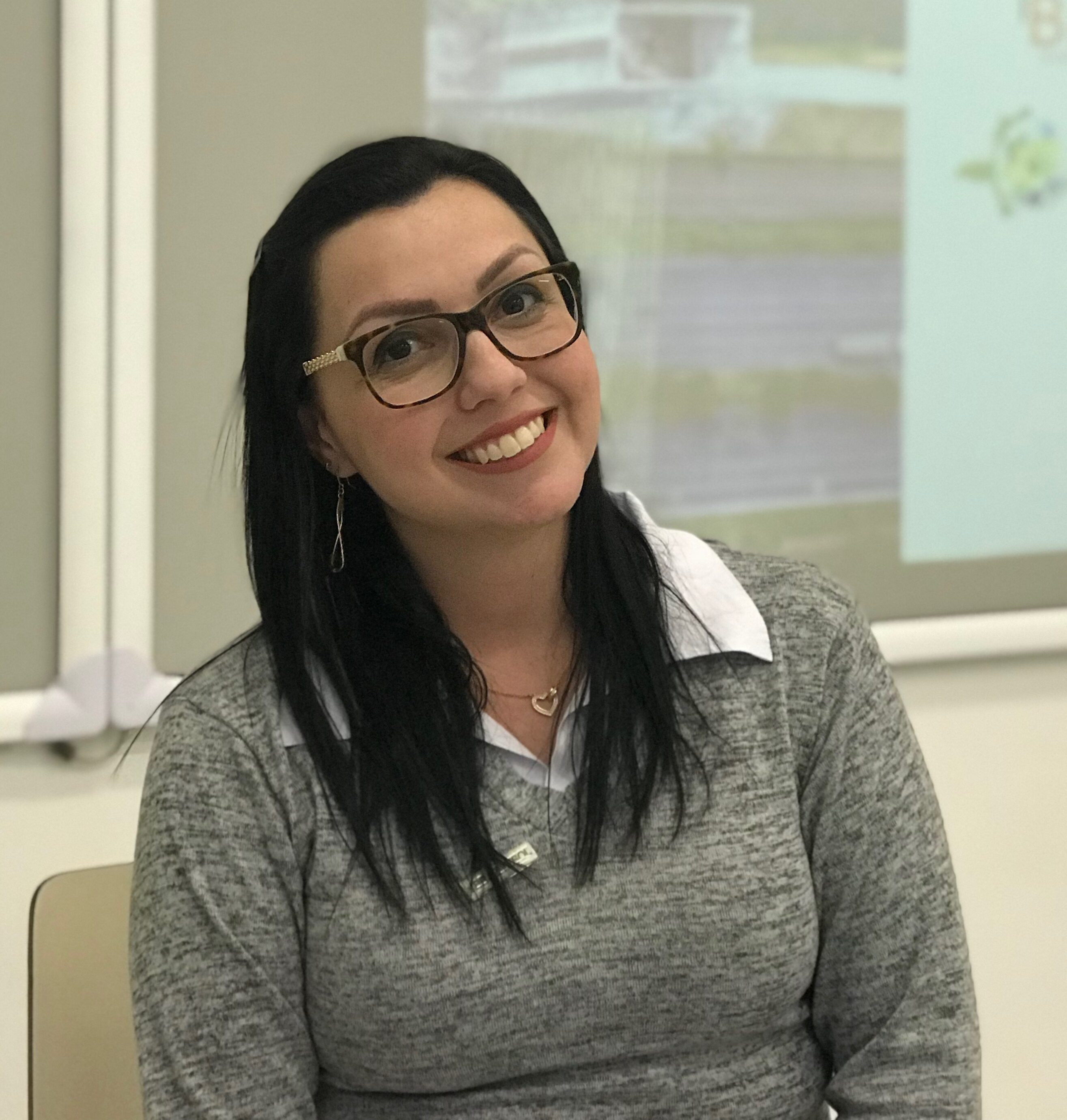Lessons from the pandemic – a quick guide to the desperate teacher
You may have been flooded by positive messages on social media talking about how this pandemic is an opportunity to develop new projects, learn a new language, exercise more and drink two liters of water. This kind of toxic positivity is certainly not what teachers need. If you are looking for a flower power kind of vibe, this article is probably not for you.
I think the pandemic sucks. I am truly sorry for my lack of reassuring demeanor in a time of need. The thing is, I am terrified of getting Corona. I haven’t been going out for anything other than walking my two big dogs once a day and essential errands. I don’t know how my body will react if I get ill. You may say I am a pessimist, but I am being realistic. We know little about this virus and I am not taking chances.
Teachers are, by nature I dare say, resilient. We have been facing challenges ever since we chose this profession, and this situation is another one. I want to acknowledge how hard this has been for everybody. For every teacher who is overworked, stressed and, often underpaid: you are not alone.
In the past month, I saw teachers being made redundant; others having to endure torment and abuse from employers while getting their salaries reduced. A pandemic shows, in case someone still wanted to turn a blind eye, the true colors of ELT. The unpalatable truth is that many of us are subject to people who do not have a clue about what they are doing and think education can be treated like any other product that is marketable. It is not and it cannot.
I believe we must live in the present and, as much as possible, carry on with our lives despite the challenges we are now facing. I also believe we need to try to do things that bring us a sense of normality, even during this abnormal situation. A way of doing that is to reflect on our professional development. I am not talking about a race against the clock, but taking this time to gain new perspectives about the foreseeable future. It may sound strange to think about the future now, but all this will pass.
Are you satisfied with your current career path? For instance, those who would like to work at a regular school in Brazil must have a teaching degree, our licenciatura. One must abide by this on a national level. Nowadays, more and more language and regular schools have decided that a licenciatura is the bare minimum and gone are the days in which one was able to be a high-powered teacher without international certificates.
This article is not meant to discourage those who do not have certain qualifications or cannot have access to them at the moment. I would never be irresponsible and suggest that you need to pursue a new qualification right now, in the middle of a pandemic, when most teachers are struggling to keep themselves sane. What I respectfully suggest, if you find yourself in the right state of mind, is to not leave your professional development aside.
Being in charge of your professional life in times of need does not mean that you have to take a course right now. It means that you must remind yourself that this situation is not permanent. Once you find yourself mentally healthy, be it now or in the future, consider making a list of what you need to improve. Is there a free course available? Coursera and Futurelearn are great MOOC providers and excellent places to start looking. When it is financially doable, invest in areas that will make you a better teacher.
As much as deciding your next professional development step may be overwhelming, it can be a great way to escape our current reality in a productive way. We are bombarded with very good options of ways to develop. We have never lived in more exciting times that allow us to learn from home. Firstly, I usually recommend that you figure out whether you want to focus on improving your teaching or your language skills. When in doubt, I advocate for the latter.
Internationally recognized teacher development programs such as Trinity CertTESOL and the Cambridge CELTA require at least a C1 level of English. While you do not need to have a certificate to attest proficiency, and I may be biased here because I am a CertTESOL tutor; former trainees who are certified feel more confident during the course. It is not a good idea to take a course such as CELTA or CertTESOL and worry about English. Trust me, there will be many other things for you to struggle with, no need to add another to the list.
As far as teacher development opportunities, there are endless possibilities. I am a great believer in the courses I previously mentioned, however, sometimes shorter courses that focus on a specific teaching aspect are everything you need to change your practice. Remember, you do not need to take all courses that are available. Take a course, let that new knowledge make sense, and experiment with it. Share what you learned with a colleague.
Our society encourages us to be supermen and superwomen. We proudly post memes like the one below. During these crazy and difficult times, my humble words of advice to you are: stay home, stay sane and do not forget who you are. After all, most of us have become teachers because we are passionate about learning. If possible, continue learning. If not, remember you will be able to keep developing once this passes and it will pass. May you all stay healthy.






